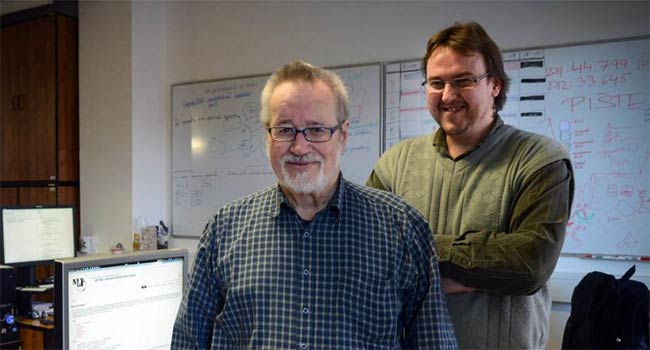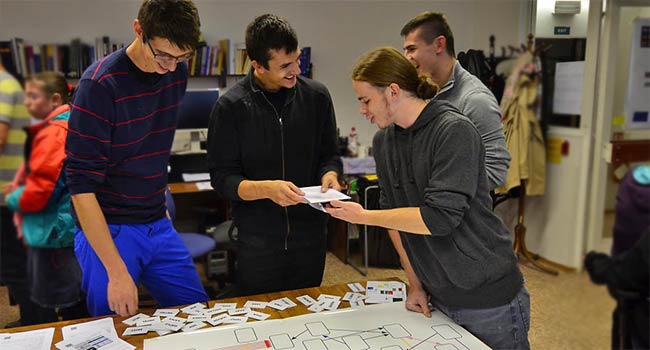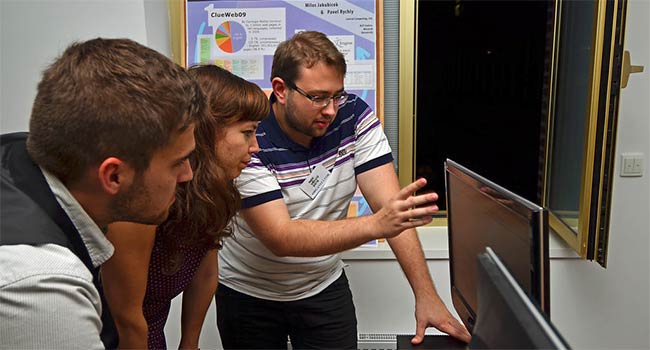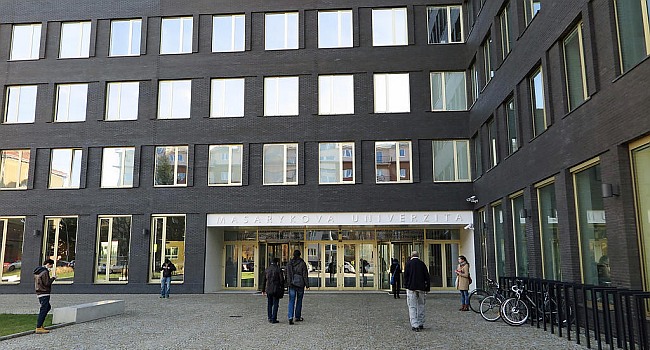Artificial intelligence and data processing
Artificial intelligence and data processing are dynamic areas of computer science that are becoming increasingly important. The program is built on a thorough understanding of the basic theoretical concepts and methods, giving students the opportunity to become true experts in the field. The core of the field includes instruction in artificial intelligence, machine learning, neural networks, statistics, data visualization, and big data processing technologies.
However, theory is not divorced from practice - already during the course of their studies, students solve specific case studies to learn about the tools and technologies currently in use. Students have the opportunity to work on real industrial or scientific projects during their studies. Students in the programme gain experience that enables them to put the current state of knowledge to immediate use in practice, as well as a solid foundation that enables them to continue to independently pursue further developments in this dynamic field.
Candidates choose one of the specializations Machine Learning and Artificial Intelligence, Big Data Processing and Analysis, or Natural Language Processing.
| Czech study programme with lectures in English / English programme | |
|---|---|
| Form | Full-time |
| Duration of study | 2 years |
Graduate Profile
Due to the dynamic development of the field for which the program prepares students, graduates have a wide range of employment opportunities, with specific avenues of employment continuously emerging and many yet to emerge during the course of their studies. The following are the framework possibilities of employment:
- Applied and basic research, typically large-scale data processing, often in collaboration with experts from other disciplines such as biology or linguistics;
- working in companies with a direct interest in artificial intelligence and data processing (e.g. Seznam, Google), for example as a Data Scientist and Machine Learning Engineer;
- working in companies with valuable and often large data (e.g. banking, telecom operators), as well as companies providing data analytics technologies in the cloud, for example Business Intelligence Analyst and Data Analyst positions;
- establishing your own start-up specialising in the use of artificial intelligence methods in a specific field.
Where to go after this study?
Suitable follow-on FI PhD programmes:
- Computer Science
Graduate career exploration
FI graduates are valued in practice, with an average gross starting salary of more than 45,000 CZK in the last few years, according to a survey of all degrees. More on graduate employment
Meet successful graduates

Connecting the worlds of biologists and computer scientists
Bioinformatics graduate Monika Čechová summarizes her experience of collaboration between biologists and computer scientists in her article in PLOS Computational Biology.
In the study catalogue you will find lists of required and elective courses and a recommended course of study.
Practical projects, often in cooperation with the commercial sector, are part of the study. However, a direct internship in a company is not part of the study.
Specializations
Specializations are curricula that set out requirements for graduation, such as required courses.
Machine Learning and Artificial Intelligence
The specialisation leads graduates to acquire a deeper knowledge of methods in machine learning and artificial intelligence techniques and experience in their application.

Meet a successful graduate
Find what you don't know, thanks to Jiri Materna's research teamWould you have thought that the results of an internet search engine search are influenced by a young FI MU graduate who was writing short stories in a drawer at the time of the creation of Seznam.cz?
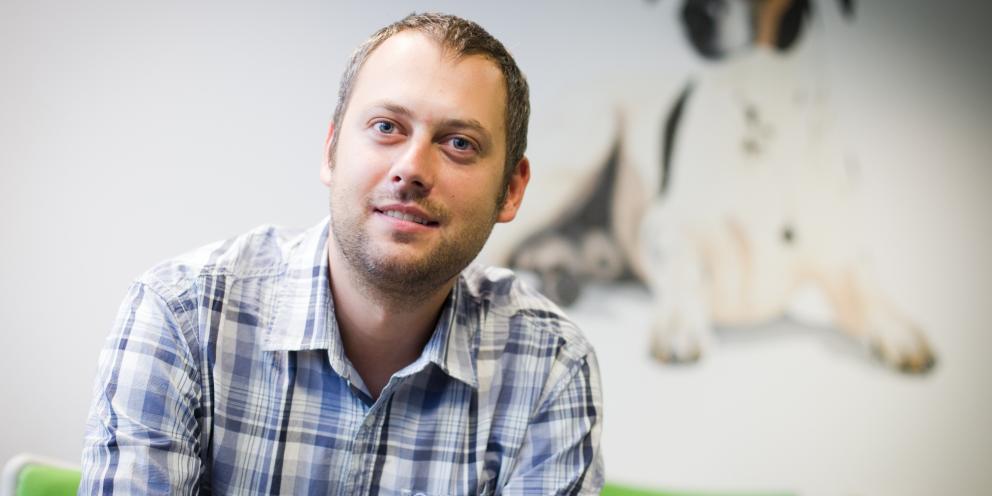
Processing and analysis of large-scale data
The specialization focuses on data science, which creates value from huge data streams by collecting, exploring, interpreting and presenting data from different perspectives for the purpose of data analytics, called business intelligence.
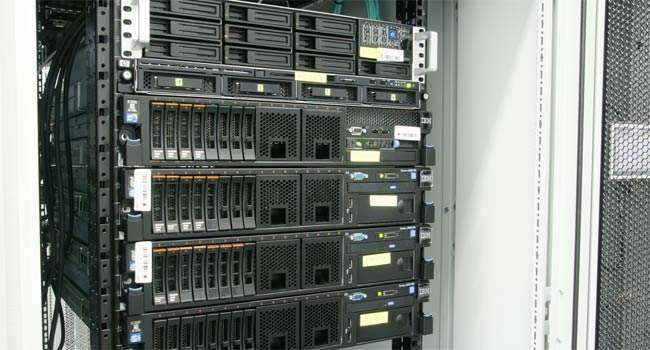
Natural Language Processing
This specialization prepares graduates to work with natural languages (e.g., Czech, English) in written and spoken form from a computer science perspective.
